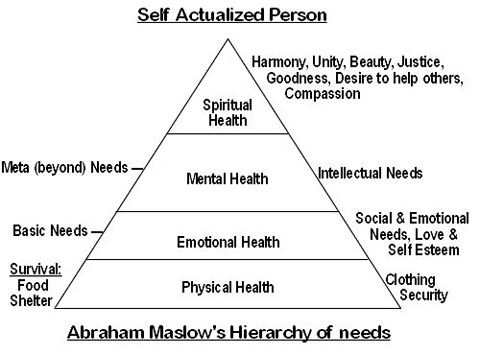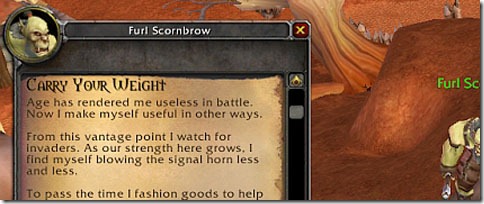
Welcome back for another issue of Tough Call, with me, Viktory.
Disclaimer: What follows is the summation of my opinion based upon the responses I received from over a dozen guild masters when I asked them about their officer corps. Given the content of my last two posts, I felt it would be relevant to take an honest look at how guilds are setting up their government structure these days. This does not mean you should change your guild structure right away. It does mean, however, that if you were looking to make a change, you can perhaps derive some supporting arguments from a few successful GMs cited below.
A few weeks ago I put out a call for GMs to help me get an idea how their guilds are operating, and, more importantly, what sort of hierarchy they have put in place to make their guild succeed. Out of the numerous responses I received, two solid trends emerged:
- There are a LOT of different ways to set-up your guild hierarchy, each with their own respective success rates and ease of implementation.
- There are far fewer vanity positions in play these days. At least among the sample group at my disposal, it seems there are most GMs expect more output from their officers.
I am happy to see that the days of “So-and-so has been with us for a long time, so they are an officer now” are largely over. Only 2 of the GMs who responded to my survey said they had non-specific officer roles (as in “we all do a bit of everything”, which really leads to “everyone assumes someone else is doing the dirty work”).
To get my information, I asked each GM three quick questions, and let them tell me the rest (and believe me, guild managers love to tell you about their guild, its environment and their genius set-up to solve all problems.)
First Question: “What officer positions do you use, and do they report directly to you or is there a chain-of-command?”
Most Common Positions:
- – Raid Leader (separate from a role leader)
- – Melee DPS / Tank / Ranged DPS / Healing role leaders
- – Bank Officer
- – Recruitment Officer
Some GMs also reported using Morale/Relations officers and an officer rank for Loot Council or Loot Master, separate from other officer duties. I’m not sure that I’d classify these jobs are something that needs a full-time officer, but I’m also extremely hesitant with the idea of a part-time or “junior” officer. If it wasn’t so prevalent, I’d lump “Bank Officer” in with this lot.
As for command structure, it’s fairly unanimous that members report to their respective role leaders, who then in turn report to the GM. I do wish, however, that I had devised a way to get more information about how the recruitment, bank, and morale officers interact with this command structure.
To me this combo represents a stark contrast to the landscape I saw when I started raiding back in Karazhan. Instead of a GM who ran every aspect and had a few cronies as officers (which is what typically gave loot council-style raids such a bad rep), we are seeing 25-man guilds shift into fully-fleshed organizations. Positioning the GM as the Chairman of the Board seems to be the clearest way to define duties/responsibilities, and is an efficient way to make sure the various aspects of the guild function at peak performance.
Second Question: “Have you had to add any officer positions since the end of Icecrown Citadel?”
The answers to this question fell in two distinct patterns:
- Organization increase: bank officer, recruiter, defined class leads.
- Expansion increase: recruitment officer, 2nd raid leader, PVP leads.
This should tell you that if your guild isn’t growing or refining, you’re stagnating. 12-24 months from now you will be doing things differently; the faster you can figure out what that will be, the better the transition will go. After all, these are guilds that had 4-5 years of experience and still found roles to add and needs to address after ICC. Learn from their example and succeed.
Third Question: “If you had to cut one officer position (not person) today, who would it be?”
A few GMs refused to answer this one, or gave responses that never answered the question, but the consensus was either the bank officer or morale officer would be the first to go.
As I stated above, I’m not sure that these are full-time jobs anyways. In my guilds we’ve always just defaulted to the most likable officer being de facto “HR guy.” I am very interested to hear any feedback about ways that a bank or morale officer could contribute on-par with what a raid leader, role leader or PVP lead does.
As always, leave any question, comments or epic knitting patterns in the comments below. (I’m trying to get someone to knit me a bad-ass scarf to wear while podcasting). Also, if you have a situation that you’d like to have me address in a future column, feel free to send it to viktory.wow@gmail.com.



